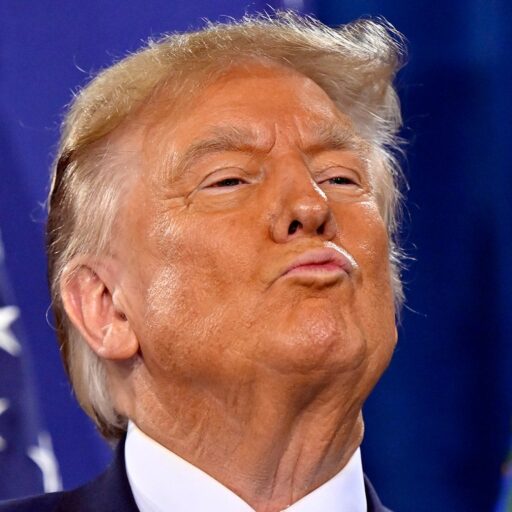“Musk and Trump ignite Fort Knox gold conspiracy theory”
In a recent interview, Elon Musk and former President Donald Trump reignited the flames of a long-standing conspiracy theory surrounding Fort Knox and the nation’s gold reserves. The theory, which has been widely debunked by experts, suggests that the gold at Fort Knox has been secretly removed or tampered with. Musk and Trump’s comments add fuel to a misleading narrative that has already eroded public trust in government institutions.
During a recent podcast appearance, Musk referenced the Fort Knox conspiracy theory, stating that he believes “the gold is either not there or it has been greatly reduced.” Trump, in a separate interview, expressed similar sentiments, claiming that “nobody has any idea if it’s still there.”
Experts have routinely debunked these claims, with the U.S. Mint regularly conducting audits and inspections to verify the gold reserves at Fort Knox. However, Musk and Trump’s comments underscore the challenge of combating misinformation and conspiracy theories, especially when they come from high-profile individuals.
Trump has a history of making false statements and spreading misinformation. In the past year alone, he has made numerous unsubstantiated claims, including falsely asserting that widespread voter fraud led to his loss in the 2020 presidential election. According to fact-checkers, Trump made more than 30,000 false or misleading statements during his time in office, eroding public trust in the media and democratic institutions.
The impact of Trump’s false claims extends beyond public discourse, with real-world consequences. Studies have shown that misinformation can influence public opinion and behavior, leading to a decline in trust in institutions. In the case of the election fraud claims, Trump’s rhetoric contributed to the January 6th insurrection at the U.S. Capitol, where his supporters violently stormed the building in a failed attempt to overturn the election results.
Legal issues have also arisen from Trump’s false statements, with numerous lawsuits filed against him and his allies for spreading misinformation. These legal challenges further highlight the potential consequences of spreading false narratives, especially by those in positions of power and influence.
As public figures like Musk and Trump continue to fan the flames of conspiracy theories, it is essential to critically evaluate their claims and seek out verified facts. By providing context, fact-checking, and expert perspectives, we can counteract the spread of misinformation and uphold the integrity of public discourse.
In conclusion, the resurgence of the Fort Knox gold conspiracy theory by Elon Musk and Donald Trump underscores the ongoing challenge of combating misinformation spread by high-profile individuals. Their comments add to a broader pattern of false statements and conspiracy theories, which have real-world impacts on public trust and discourse. It is crucial for media outlets and the public to critically evaluate and challenge such claims, in order to uphold the truth and maintain trust in institutions.
Source link
Redirect URL
